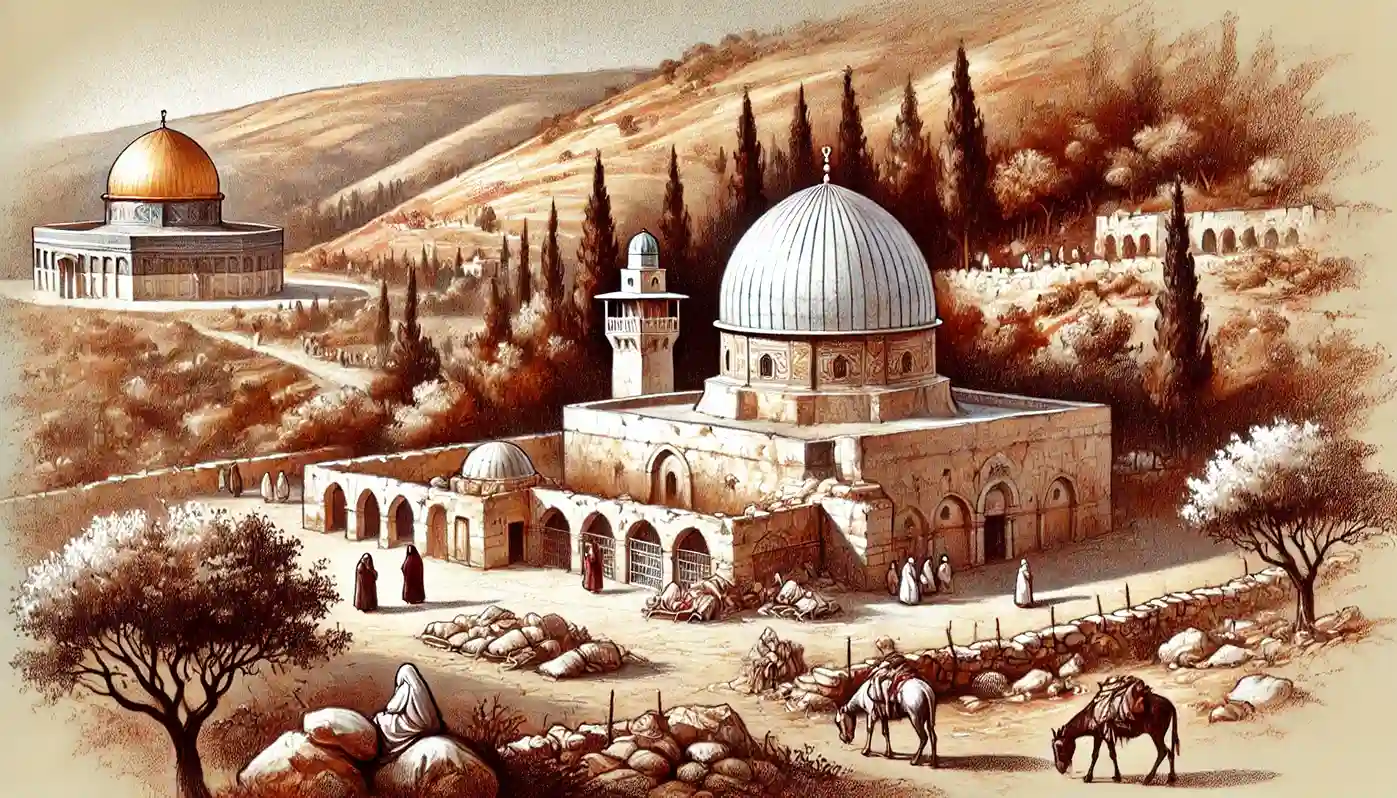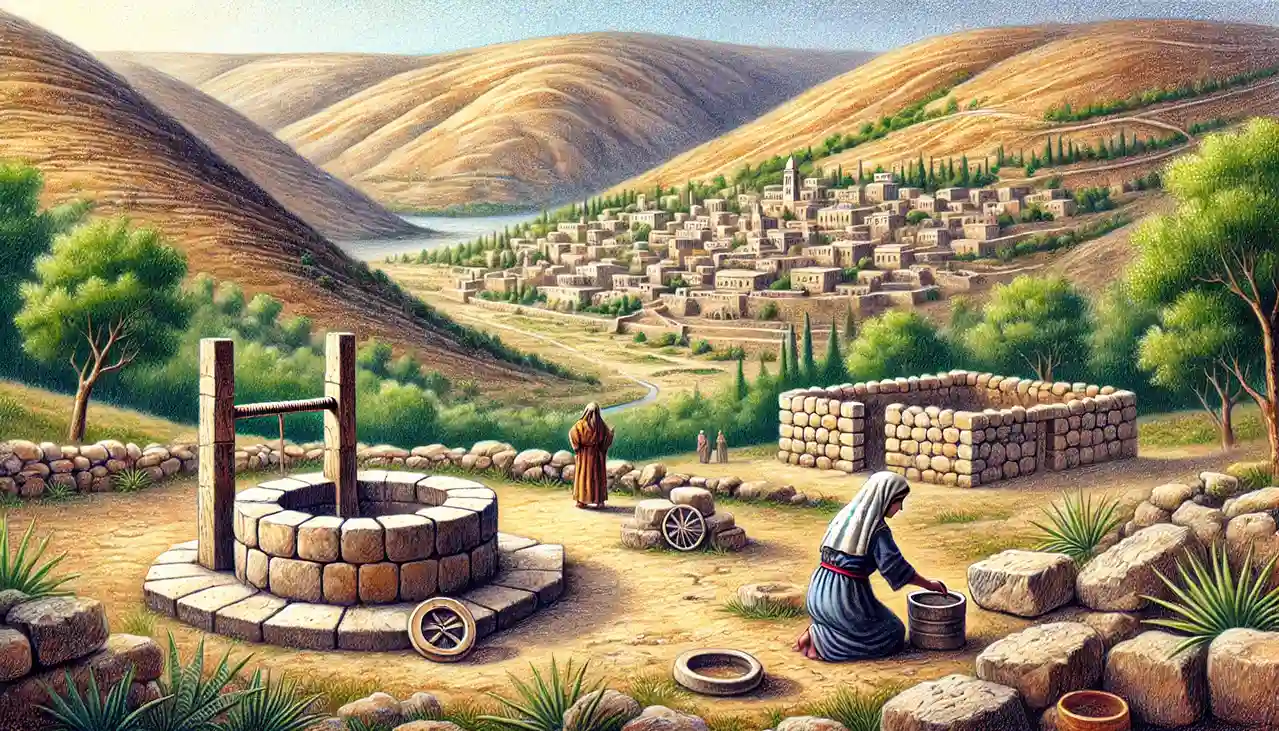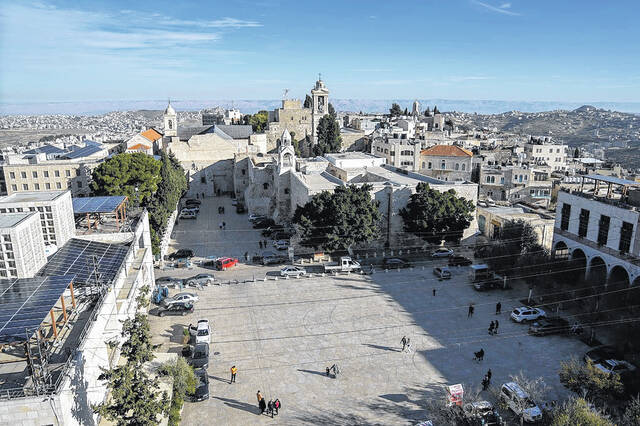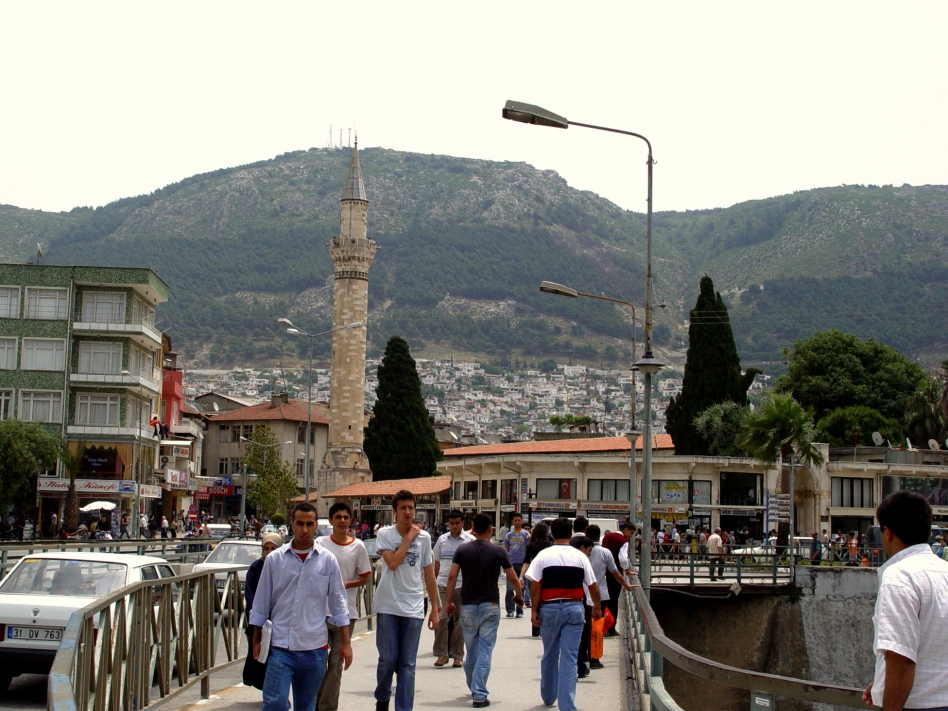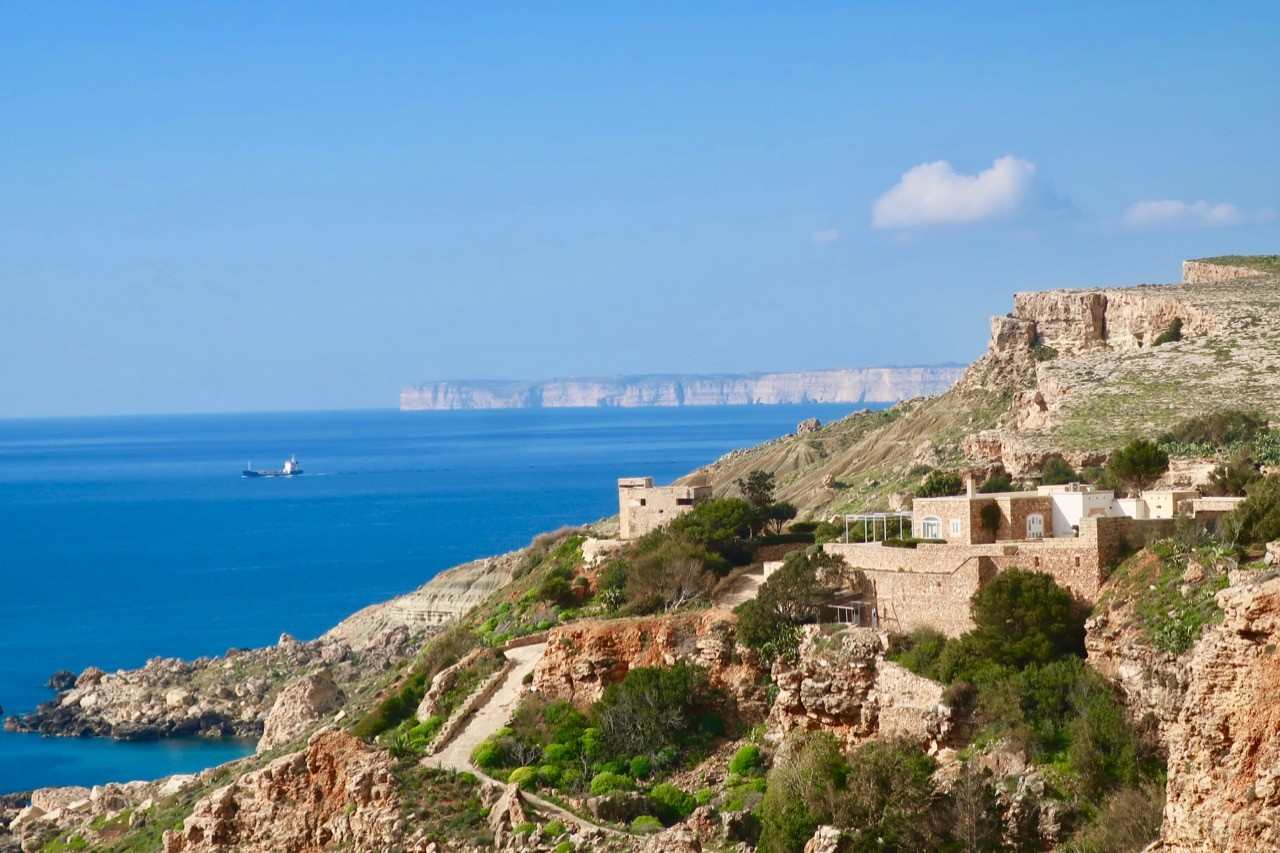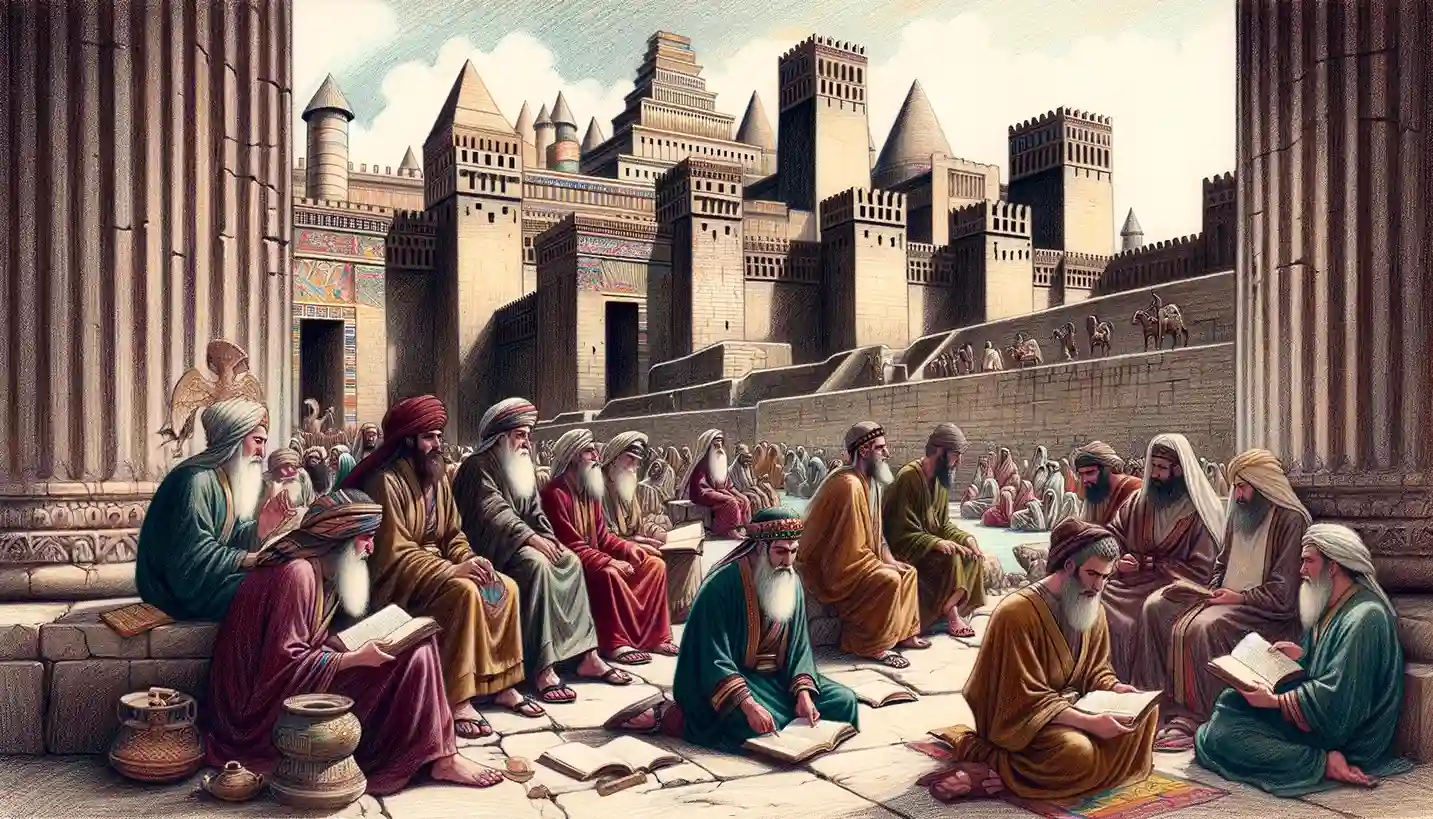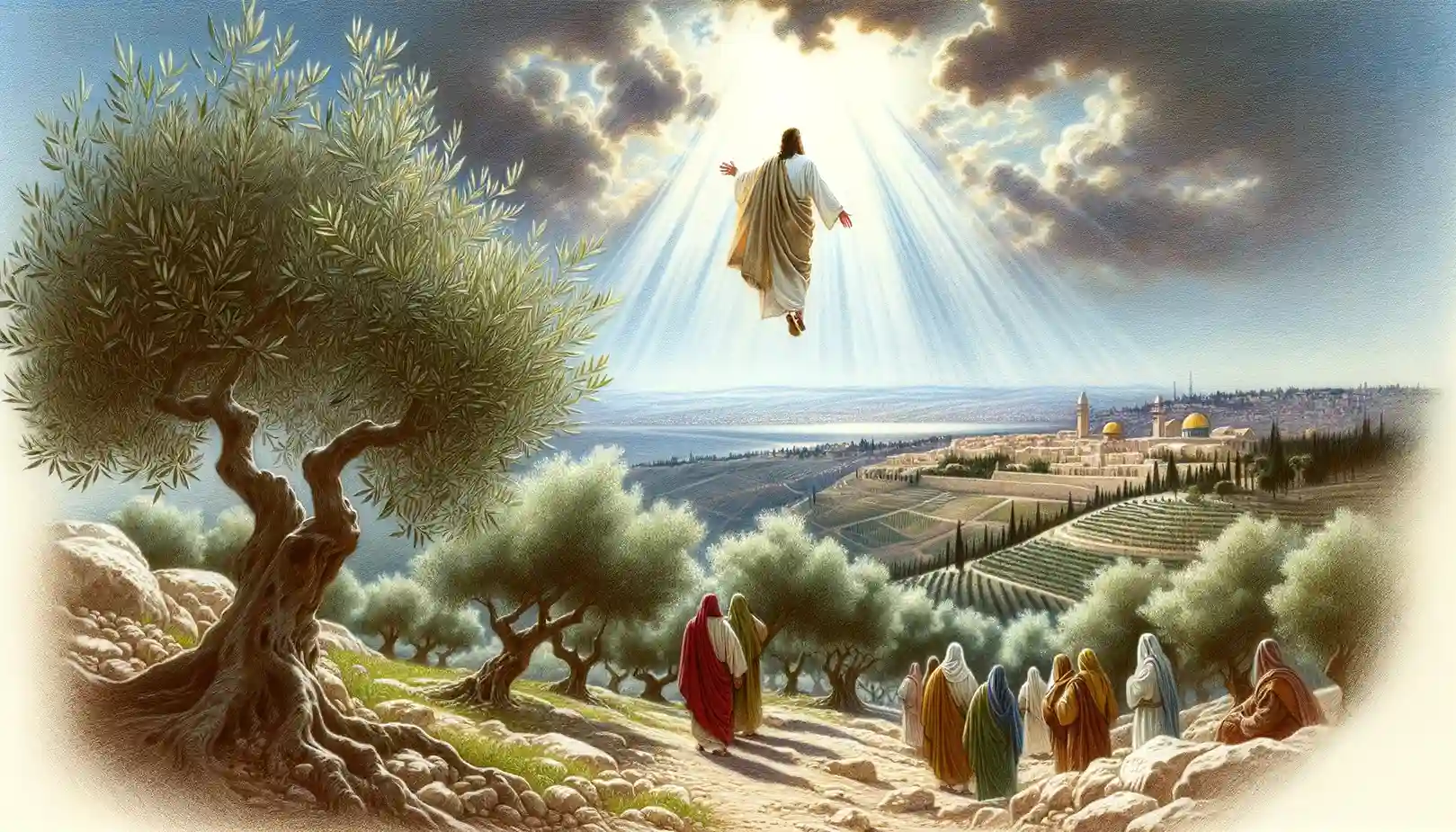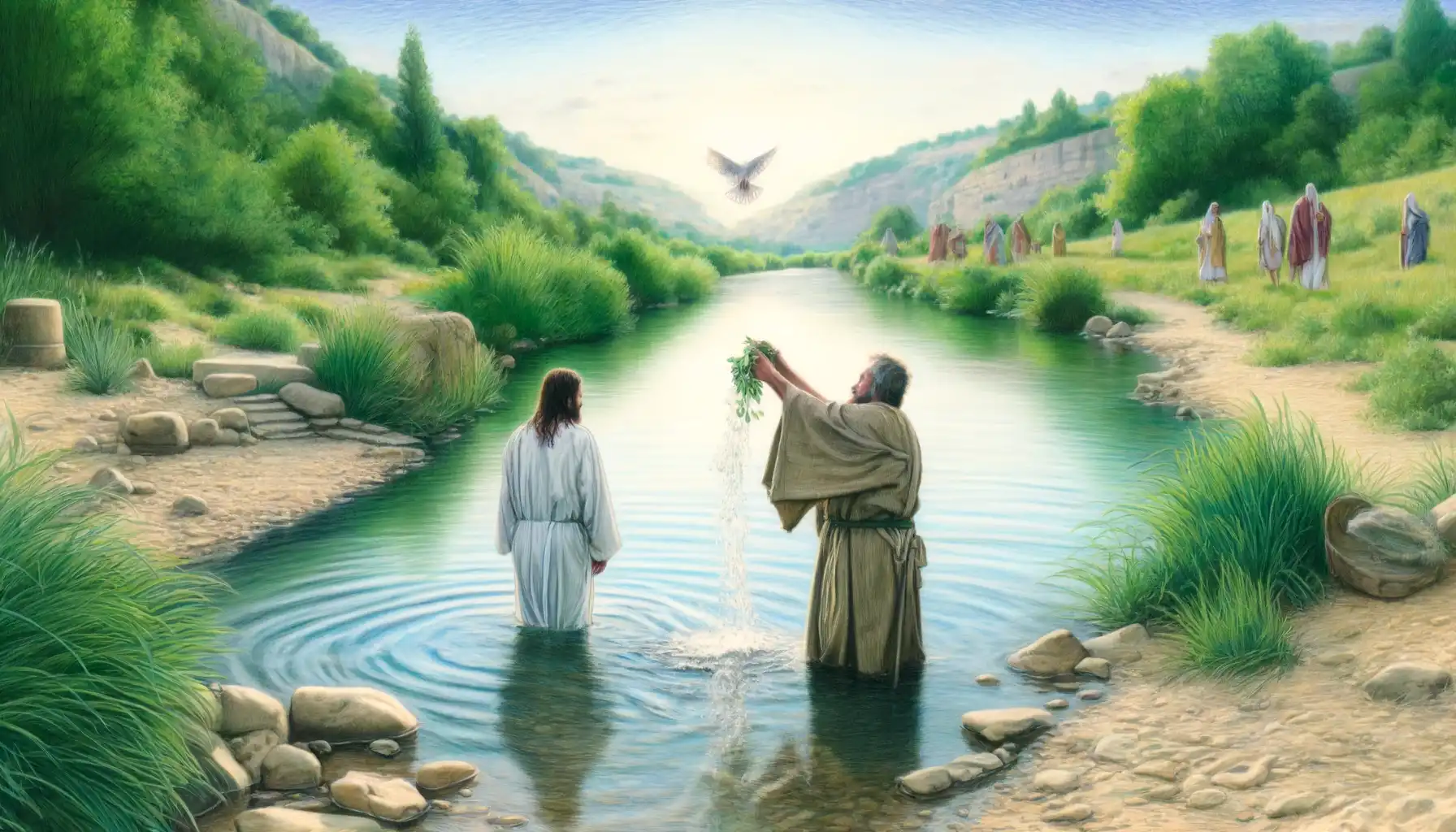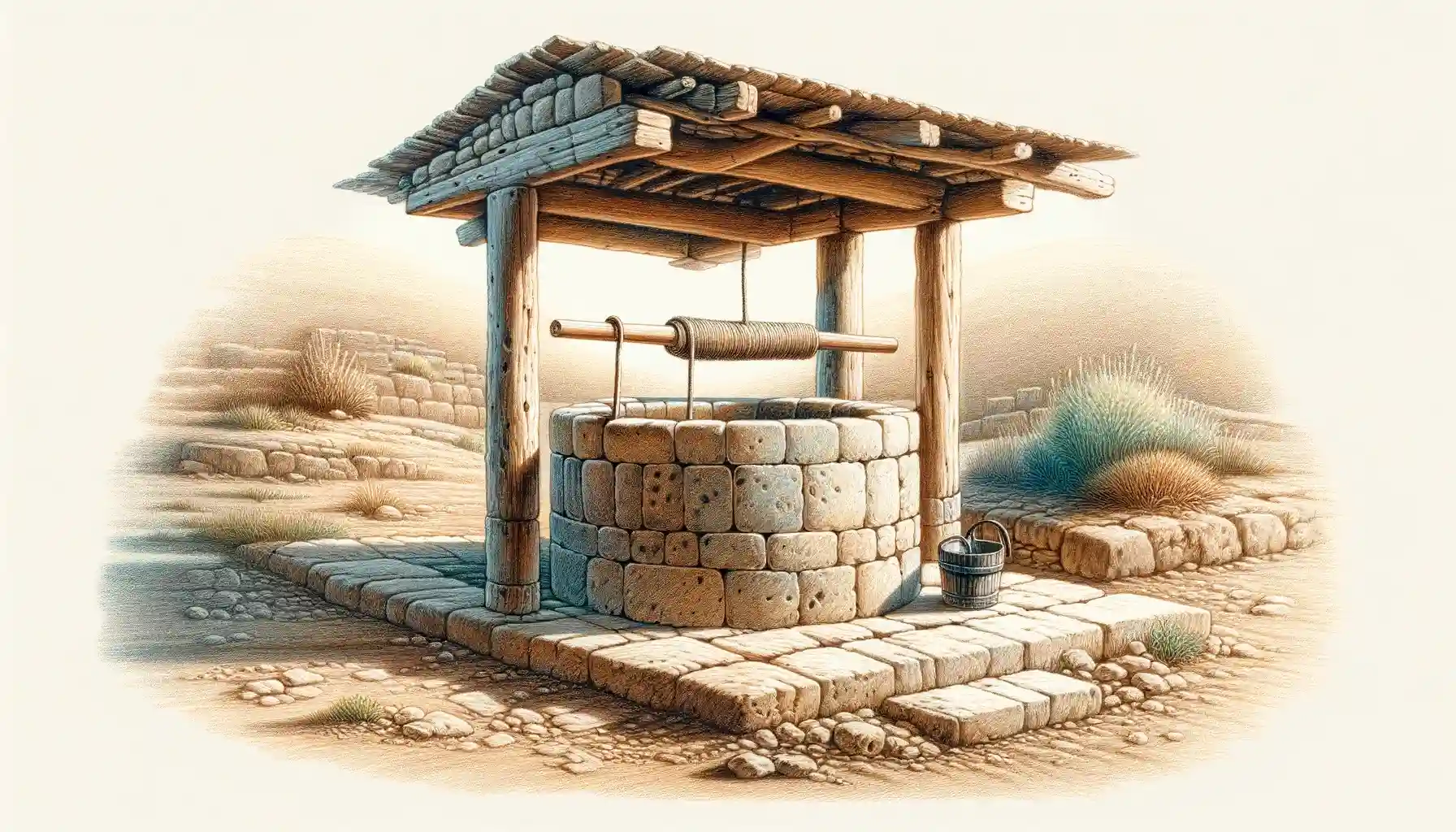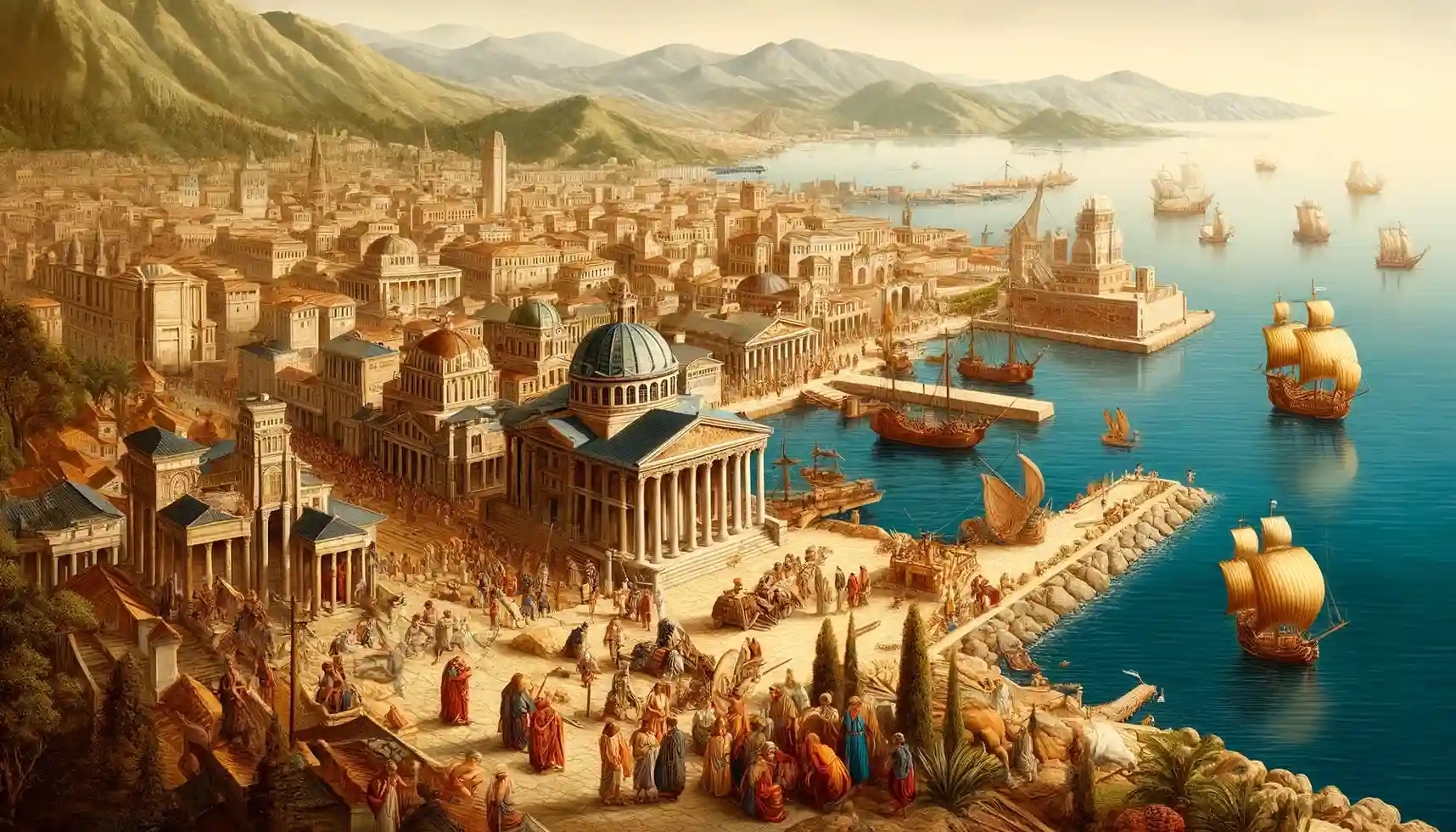Rachel’s Tomb, located near Bethlehem, is a revered biblical site traditionally believed to be the final resting place of Rachel, Jacob’s wife, and holds profound historical, religious, and cultural significance for Jews, Christians, and Muslims.
Shechem, an ancient city in Samaria, holds significant biblical importance as a site of God’s promise to Abram, a place of covenant renewal under Joshua, and the location of Jacob’s Well, pivotal in Jesus’ encounter with the Samaritan woman.
Bethlehem, a small town in Judea, is renowned as the birthplace of Jesus Christ and King David, playing a crucial role in biblical history and Christian theology.
Antioch, known as the “Cradle of Christianity,” was a pivotal city in early Christian history, serving as the first place where believers were called Christians, the launching point for Paul’s missionary journeys, and a key center for the inclusion of Gentiles in the faith, significantly shaping the spread and theological foundations of early Christianity.
The island of Malta, where the Apostle Paul was shipwrecked and performed miracles, is significant in Acts 28 for demonstrating divine intervention and the spread of early Christianity through Paul’s miraculous survival of a viper bite and subsequent healing of the island’s inhabitants.
Babylon, located in ancient Mesopotamia, is historically significant as the site of the Jewish exile. This event, known as the Babylonian Captivity, had a profound impact on Jewish history, culture, and religious practices, shaping the development of Judaism.
The Mount of Olives, located east of Jerusalem, is a historically and biblically significant site known primarily as the location of Jesus’ ascension to heaven, marking a key event in Christian theology and prophecy.
The River Jordan is a historically and biblically significant river in the Middle East, known primarily as the site of Jesus’ baptism by John the Baptist, symbolizing the commencement of His public ministry and fulfilling Old Testament prophecies.
Jacob’s Well is not only an archaeological site but also a profound symbol in Christian theology, representing the transformative power of Jesus’ teachings and His offer of eternal life.
Thessalonica (now Thessaloniki) was an ancient city in Macedonia, northern Greece, significant in the New Testament for its early Christian community. Founded around 315 BC by King Cassander and named after his wife Thessalonike, it was a key harbor and trade center in the Roman Empire. During Paul’s second missionary journey around AD 50-51, he founded a Christian community there, as described in Acts 17. The city, a cultural hub with Greek, Roman, and Jewish populations, faced persecution, which Paul addressed in his Epistles of First and Second Thessalonians. Today, Thessaloniki is a major Greek city with rich archaeological sites.

